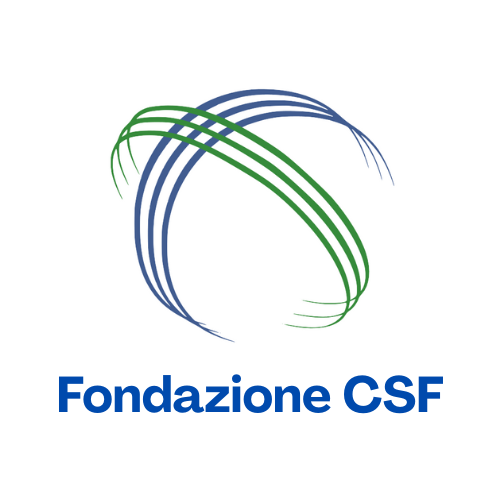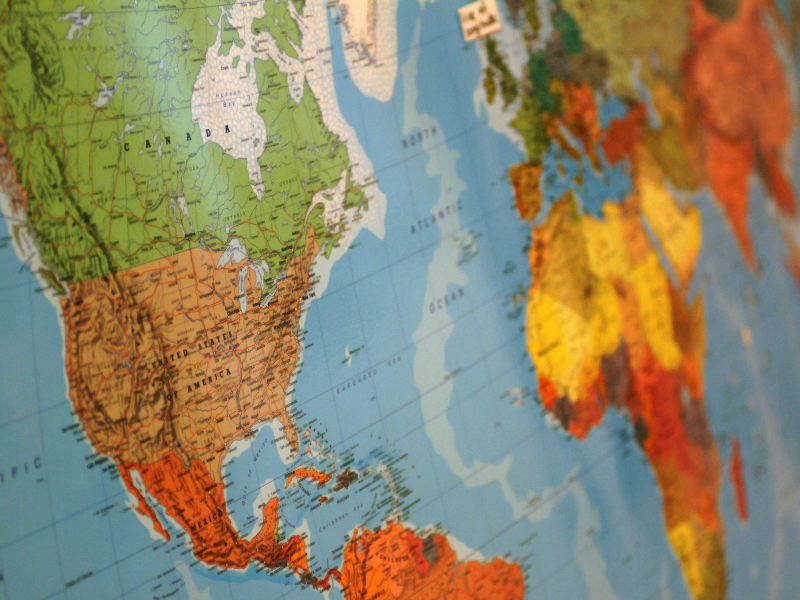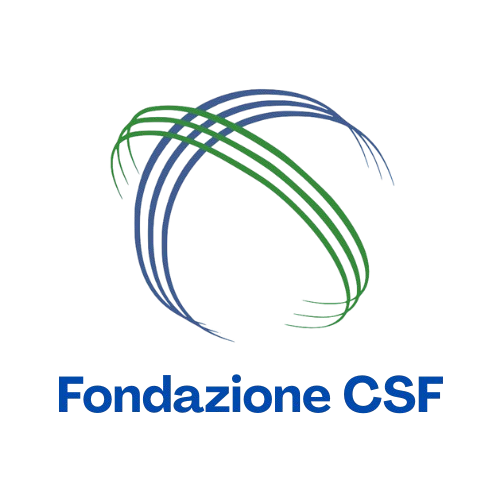Alfonso Iozzo and Domenico Moro / 22 March 2023
Commentary n. 258
As Indian political analyst, Shivshankar Menon puts it, ‘nobody wants the current world order’ (Foreign Affairs, 3 August 2022). But the fact is that the major players in world politics promote policies that aggravate it, increasingly weakening multilateral institutions, rather than seeking common solutions to the major world problems.
The Russian invasion of Ukraine is the most tragic of the policies that challenge the current world order. But the fact that, at the United Nations, many African, Asian and Latin American countries, which also have solid ties to the West, have refused to sanction Russia is, at the same time, a sign that they do not recognise Western leadership of the current world order and an indication of the uncertainty about the future shape of the world order. China, for its part, has ongoing territorial disputes with Japan, Vietnam, India and other Asian countries. The United States, which is historically credited with creating multilateral institutions, is now challenging them. The Biden Administration implements policies that, with the passage of the Inflation Reduction Act, not only question the rules of the WTO, but refuse to abide by them when the US is condemned for the steel and aluminium tariffs introduced by the Trump Administration.
The world order following the fall of the USSR has been described by many analysts as a unipolar order. But the US has not used its power to promote the strengthening of multilateral institutions, believing rather that it could impose a specific political-economic model, unilaterally and with military force, if necessary. The failure of the Iraqi, Afghan and - with the primary responsibility of some European countries - Libyan experiences, prove that there are no shortcuts to the affirmation of the universal values of freedom and democracy, if this effort is not supported by a global consensus and part of a long-term plan.
The fact remains that the main antagonists of the American leadership, be they China, Russia or India, have not been able, at least so far, to offer the rest of the world a convincing alternative political model to those which, during the Cold War, the United States on the one hand and the USSR on the other, had been able to propose; the former to the western world and the latter to developing countries. If this is true, however, we must avoid the mistake of thinking of a world order modelled on the proposal of a single country. If a new world order emerges, it can only be the result of a choice shared by all the players in the world, or at least by the main ones, and it can only be based on the autonomous functioning of multilateral institutions and not on the benevolence of one or a few world powers. The point is that a new world order cannot emerge spontaneously, but requires some country to take the initiative and, above all, be credible.
The hypothesis advanced here is that this 'country' can only be the European Union (EU). As has been pointed out recently, the EU has an existential interest in defending a world that functions on the basis of shared rules, precisely because it has thrived and strengthened on the basis of rules shared by its members and can only survive in a world that functions on the basis of global rules. Thinking that the world's major problems, from security, to environmental protection, to defence against pandemics, to the management of the immense public debt of developing countries, can be tackled on the basis of the 19th century policy of balance between the major powers, is simply unrealistic.
However, if the EU is to be plausible in this endeavour, it must be able to take the initiative in an area where, more than any other, the greatest dangers for the future of mankind lurk, and this area is that of security. Indeed, growing global political instability is at the root of the highest level of military spending (around $2 trillion in 2021) that the world has ever seen. This high military spending coincided with a global health emergency that, if anything, should have prompted an increased investment in the health sector.
What step can the EU take to be credible, besides the fact that it is becoming urgent to strengthen and integrate its foreign and defence policies? This step can only be taken from its history, which is a history of two world wars and is the reason why, in order to avoid other wars, some European countries have introduced an important principle into their constitutions. In the years following the end of the Second World War, France, Germany and Italy, in their respective Constitutions, recognised the need for effective international organisations to prevent new wars. Therefore, provision is made in each of these Constitutions for the introduction of limits to national sovereignty, or the transfer of part of sovereign powers, to global institutions. In the case of France, it is the Preamble to the Constitution of the Fourth Republic, reiterated in that of the 1958 Constitution; in the case of Germany, it is Article 24 of the Basic Law; and in the case of Italy, it is Article 11 of the Constitution. These constitutional provisions were the basis for the success of the European unification project.
The proposal is therefore that the EU should include in its 'constitution' an article which, modelled on, for example, the Italian constitution, states that: "The EU shall repudiate war as an instrument of offence against the freedom of other peoples and as a means of settling international disputes; it shall permit, on equal terms with other States, such limitations of sovereignty as may be necessary for an orderly and just peace among Nations; it shall promote and foster international organisations directed to that end." An attempt in this direction had already been made during the work of the European Convention chaired by Valery Giscard d'Estaing, but it was unsuccessful. Russian aggression against Ukraine and the consequences it could have for peace in Europe and in the world, if this trend is not corrected, may give new impetus to this proposal.
* Alfonso Iozzo is President of the Centro Studi sul Federalismo; Domenico Moro is a member of the Board of Directors and Coordinator of the Security and Defence Area of the Centro Studi sul Federalismo.

 En
En  It
It 



